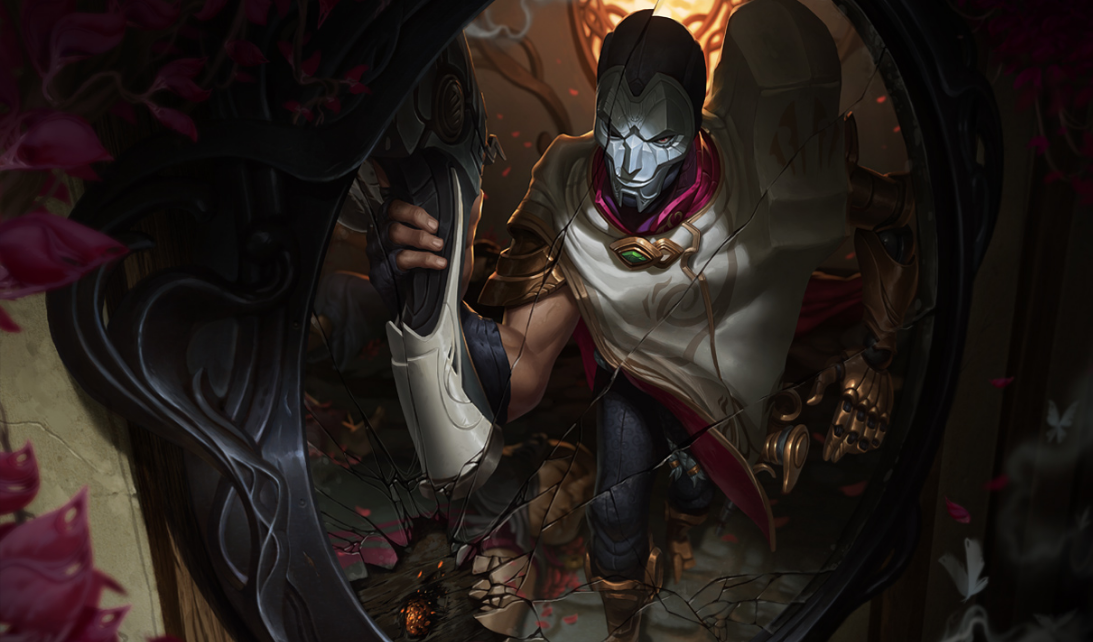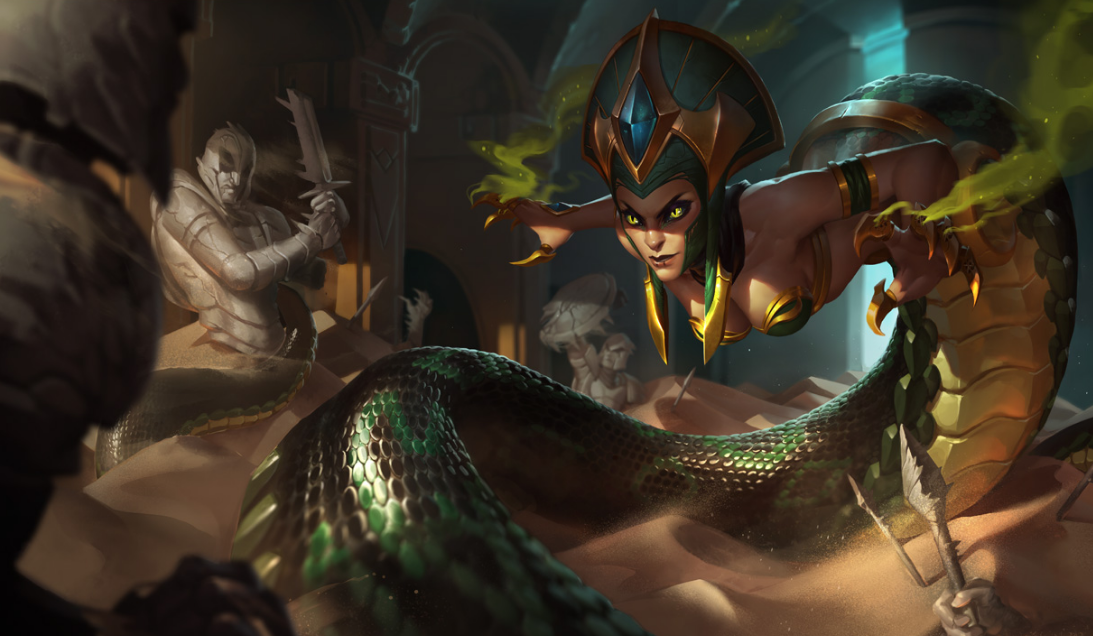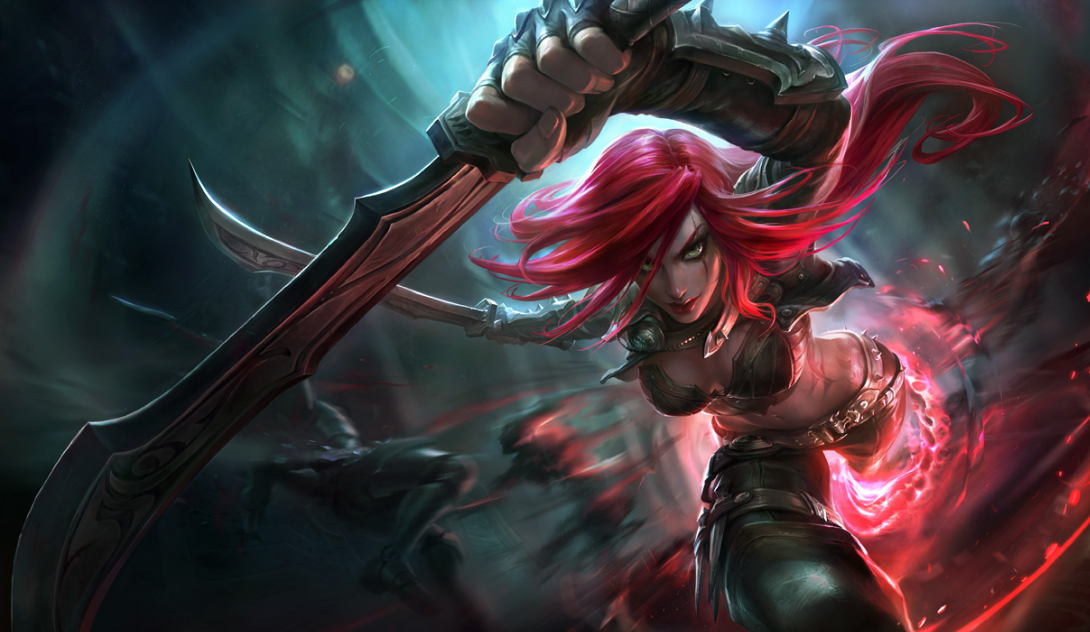What League of Legends esports could learn from the WWE
Not everyone can be a face: it's time for some heels

If you didn’t know, wrestling is enjoying a resurgence. After decades of dwindling numbers and competition from the UFC, the WWE has returned and somehow managed to retain the best parts of their stage show while reinventing the rest. Now, you might be wondering what this has to do with League of Legends or esports—despite the naysayers, the LCS hasn’t had a serious decline like the WWE did once upon a time.
While people make jokes about scripts, the LCS is played out like a sport, unpredictable results and all. This makes for an imperfect comparison with pro wrestling, but it’s not quite apples and oranges, either. A big part of the LCS is performance, showcasing personalities, and telling stories across a series of matches. When it comes to that, the League of Legends production staff could actually learn a thing or two from how the WWE develops stories over time. The biggest thing they could introduce? Teams that you love to hate: antagonist, heels, and “bad guys”.
Heel turns
In wrestling-speak, there are two terms that every fan should know. A “face” is a good guy, the hero, the one everyone cheers for. They don’t necessarily have to be clean cut and family friendly—Stone Cold Steve Austin, the beer swilling, anti-authority redneck is one of the most famous faces from history, after all.
Most of the media around the LCS, in both North America and Europe, is based about celebrating players and teams, not knocking them. Sure, there have been times where commentators or writers will speak frankly about a team’s performance, but it’s encouraged to stay positive and always remember that the players are people. This is laudable and comes from a great place—after all, the players are often young, in a high pressure situation, and no one wants to kick someone when they’re down. However, this does lead to storylines slipping under the radar.

Case studies
Consider G2 Esports. Last week, former PCG columnist James “Obscurica” Chen wrote a piece on the “bad boys of EU”. Chen’s piece is refreshing because he doesn’t dance around the fact that G2 have messed up or will likely mess up in the future. In fact, he encourages the team, and the players, to embrace it. “A hero is nothing without a good damn villain”, he writes, and he’s right. For a long, time, G2 were straining against the notoriety that came from being owned by Ocelot. It was only strong performances during Spring that started to shake off their reputation, and as soon as they began to lose at MSI, the hatred rolled back stronger than ever.
Consider, for a moment, that there was another European team who were similarly loathed. In pieces about the history of Moscow 5, writers often focus on the team’s international accomplishments, their strong record against the top teams in the world, their victories and overall success. However, there’s one piece of the puzzle that is often forgotten with time: the fact that Moscow 5 were heels. They cussed out teams, were proud and unafraid to talk some trash, and they even fit the Rocky-style mold of the Russian bad guy. Having Moscow 5 around was a blast, because cheering for one team to win is great, and cheering for another team to go down just makes it even sweeter.
The Renegades played with this kind of imagery and emotion, albeit in an ironic, tongue-in-cheek, 80s infused way with their promo video, The Road Ahead. It’s a shame that the brand flamed out, because it would have been fascinating to see how it developed.
The biggest gaming news, reviews and hardware deals
Keep up to date with the most important stories and the best deals, as picked by the PC Gamer team.

The guys you love to hate
Think of all the great rivalries from history: Rocky against Drago, Ash finally facing off against Gary Oak, John McClane hunting Hans Gruber down... Even the Bible got it right, by making David a great guy and Goliath a jerk. Allowing players and teams to take the part of the heel is a great way to make the stories stand apart. Right now there are ten teams, and they’re struggling to come up with unique identities that stand out. A match between a bunch of nice kids, where the highest hope is that they all have fun just isn’t exciting. Rivals facing off in a heated match is. Why do you think the casters always fall back on the longstanding CLG vs TSM rivalry in the promo shots?
This would require some work, of course. Right now, it feels as though the LCS is very carefully calculated: the interviews last a certain amount of time, the questions are carefully planned, and there’s not a lot of room for the players to go off course. When they do, the fans usually eat it up: during last weekend, Doublelift said that he’d rather face Bunny than Smoothie, and the crowd went nuts at this relatively tame trash talk. Applying something like the OGN Trash Talk segments could add a huge shot of life to the NA scene.
Risks and rewards
Of course, there are reasons why Riot should treat the potential of fostering heels carefully. A lot of these players are, well, kids. A player like Perkz may like to spam laugh in mid lane, but he’s only 17, and hatred poured onto his social media during MSI. Fans can get emotional about games during the best of times, and many players have experienced harassment on social media platforms like Twitter and Reddit. A team that played the arrogant heels would be opening themselves up to a floodgate of that criticism, and the players shouldn’t have to deal with harassment due to something that’s meant to be fun and engaging.
There’s also the fact that, well, not everyone is in on the joke. Competitive sports should be based on respect and sportsmanship, and Riot clearly has been working on that, considering the competitive rulings. The LCS has worked hard to be professional, something you can show your mom to prove that esports is respectable. Having Doublelift calling people trash is hilarious, but it doesn’t do a lot for that squeaky clean, professional image.

